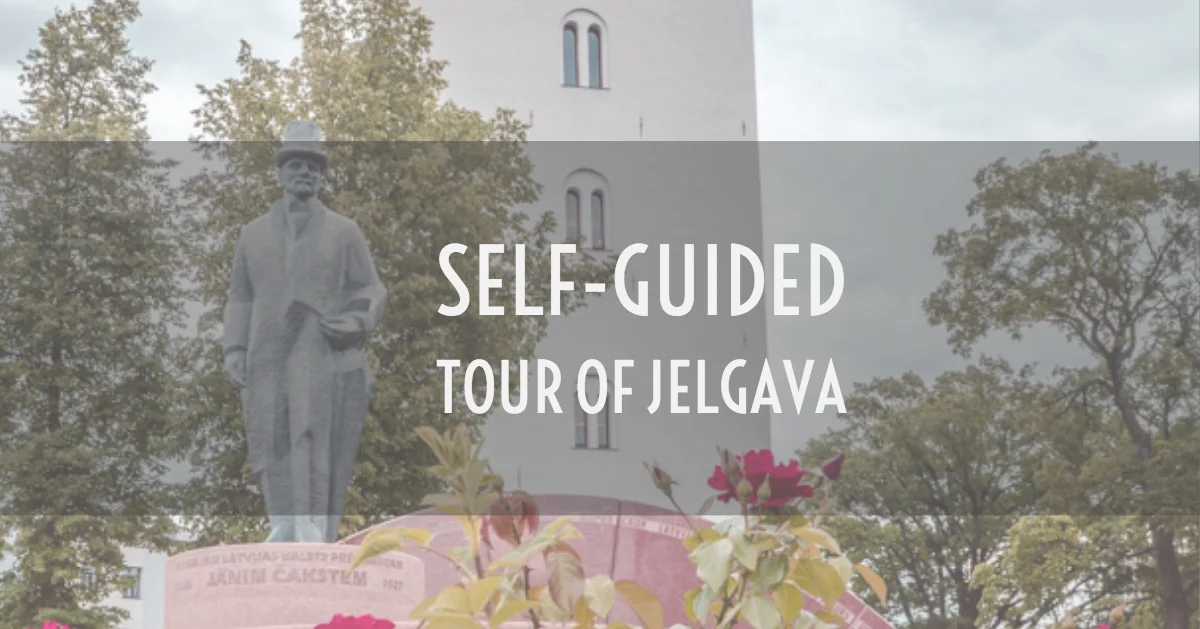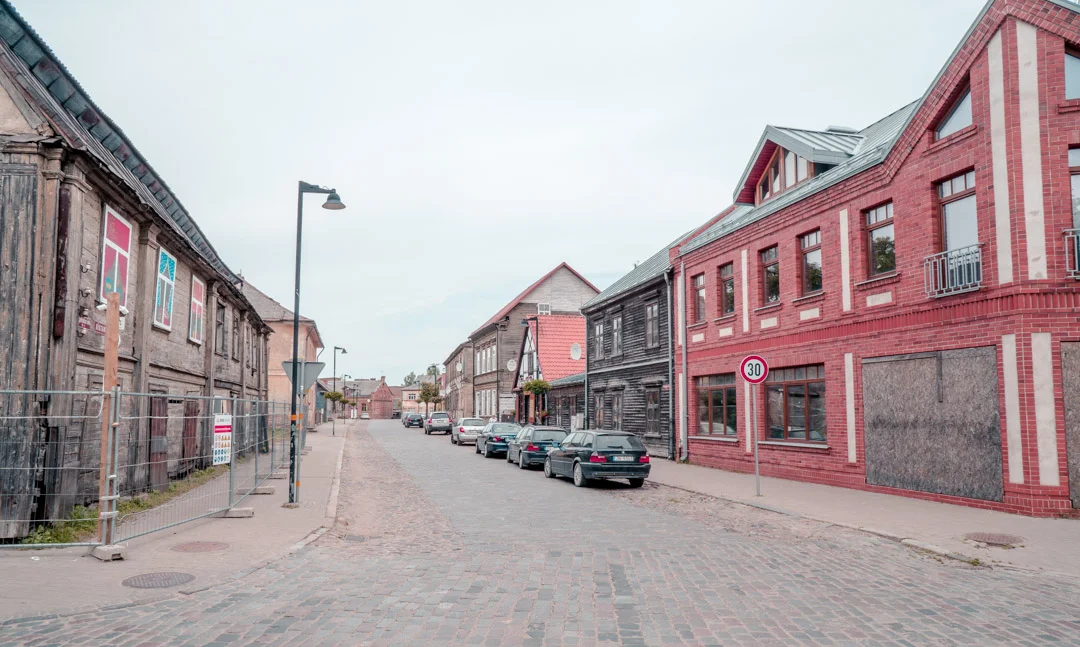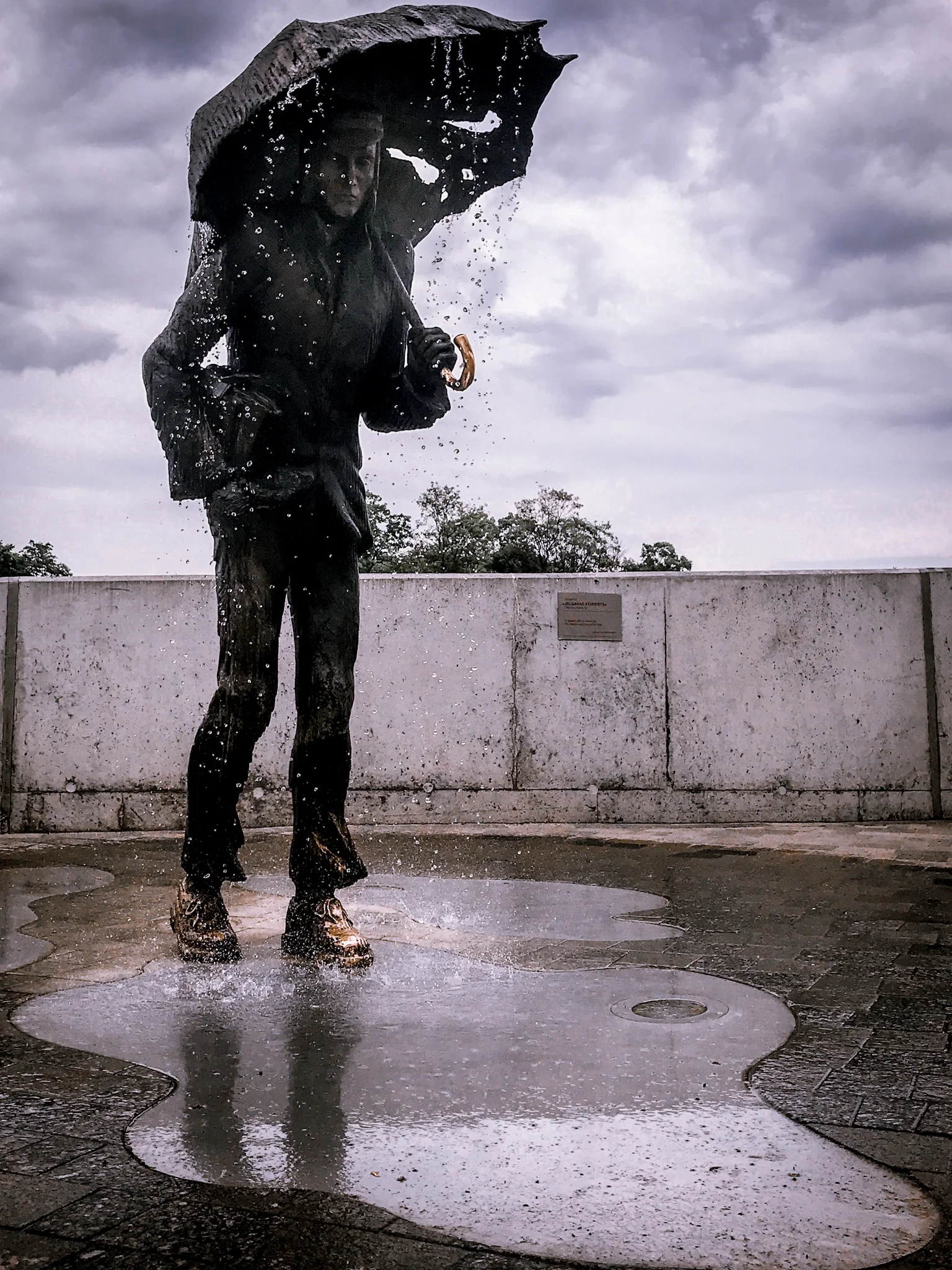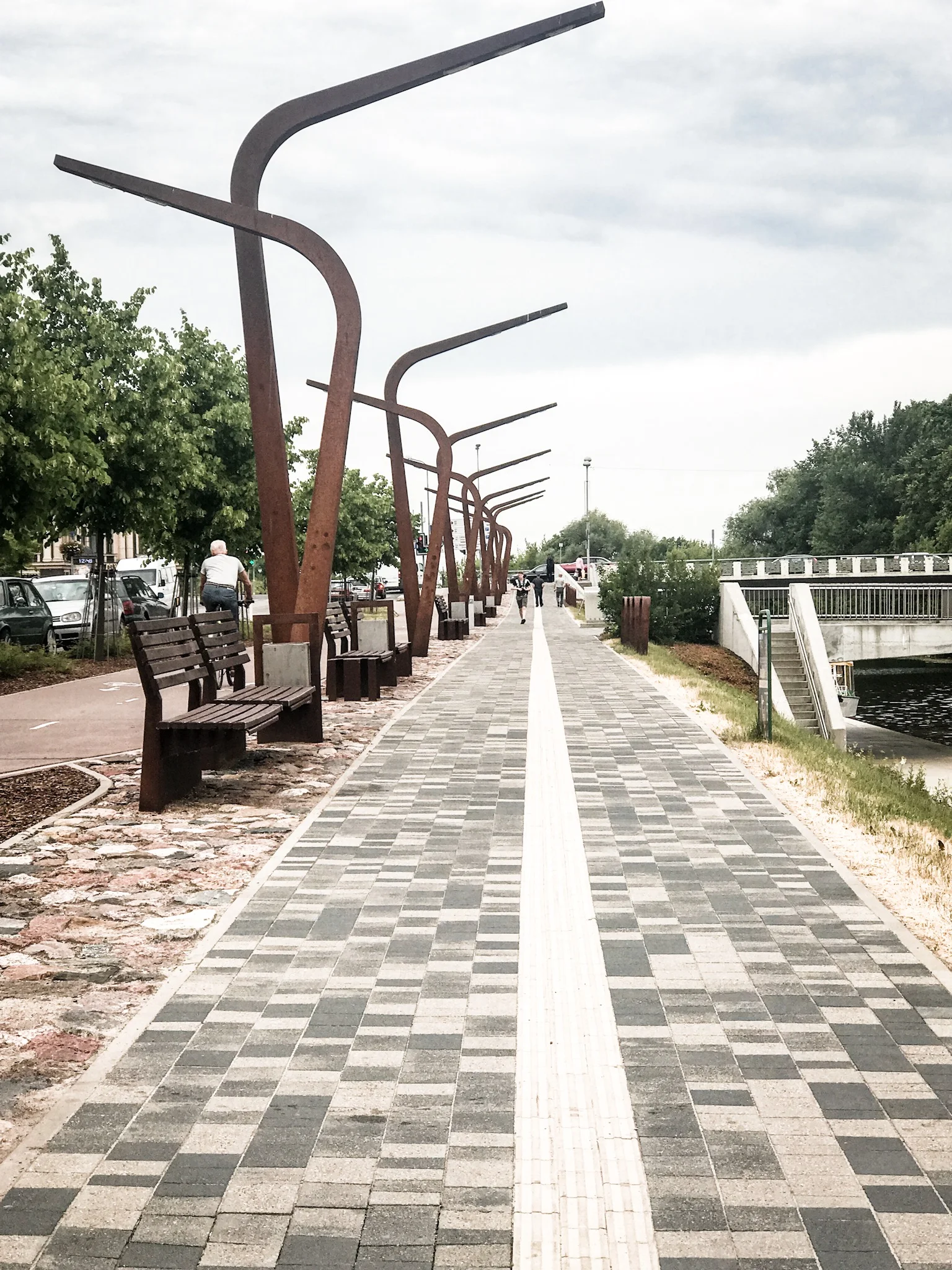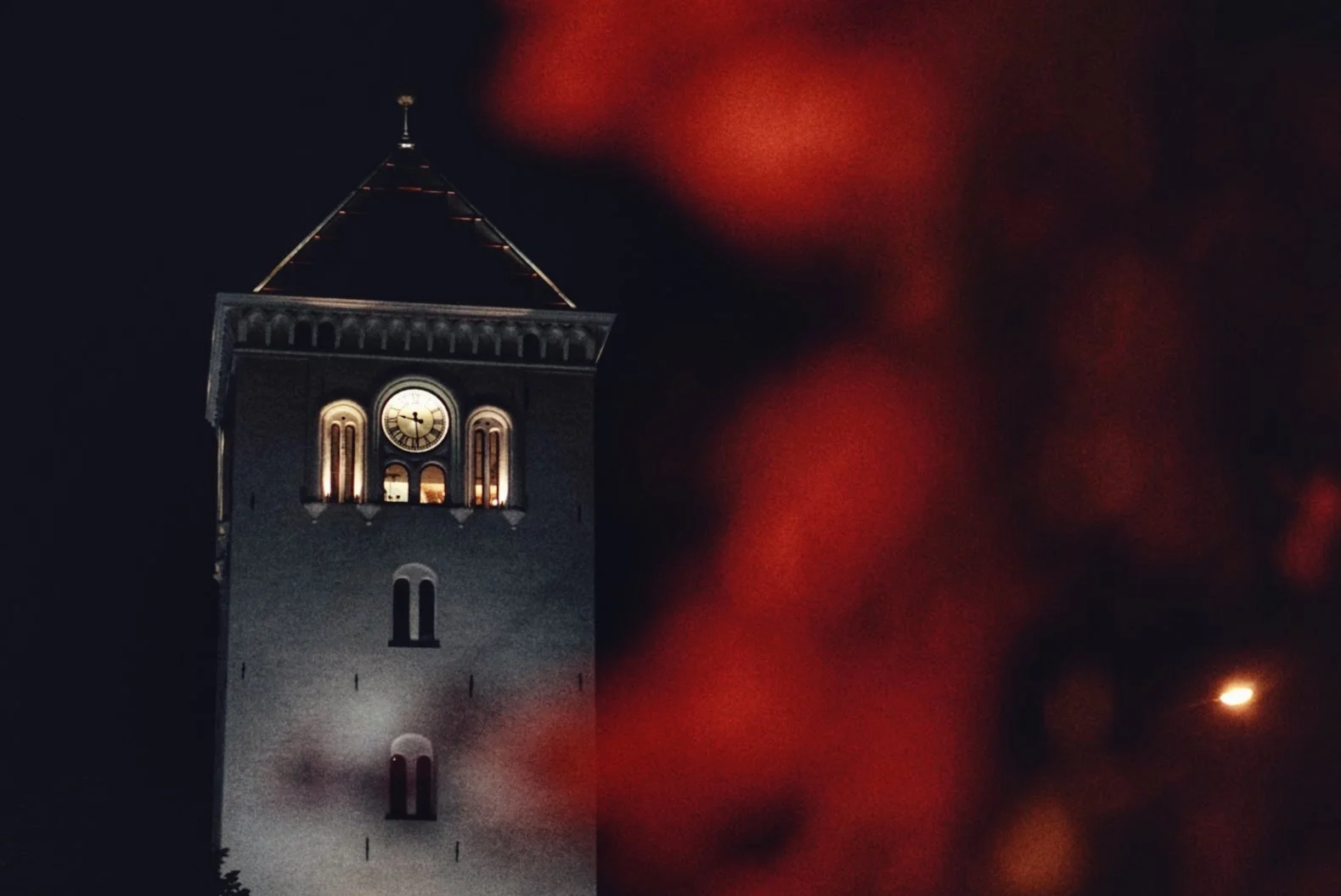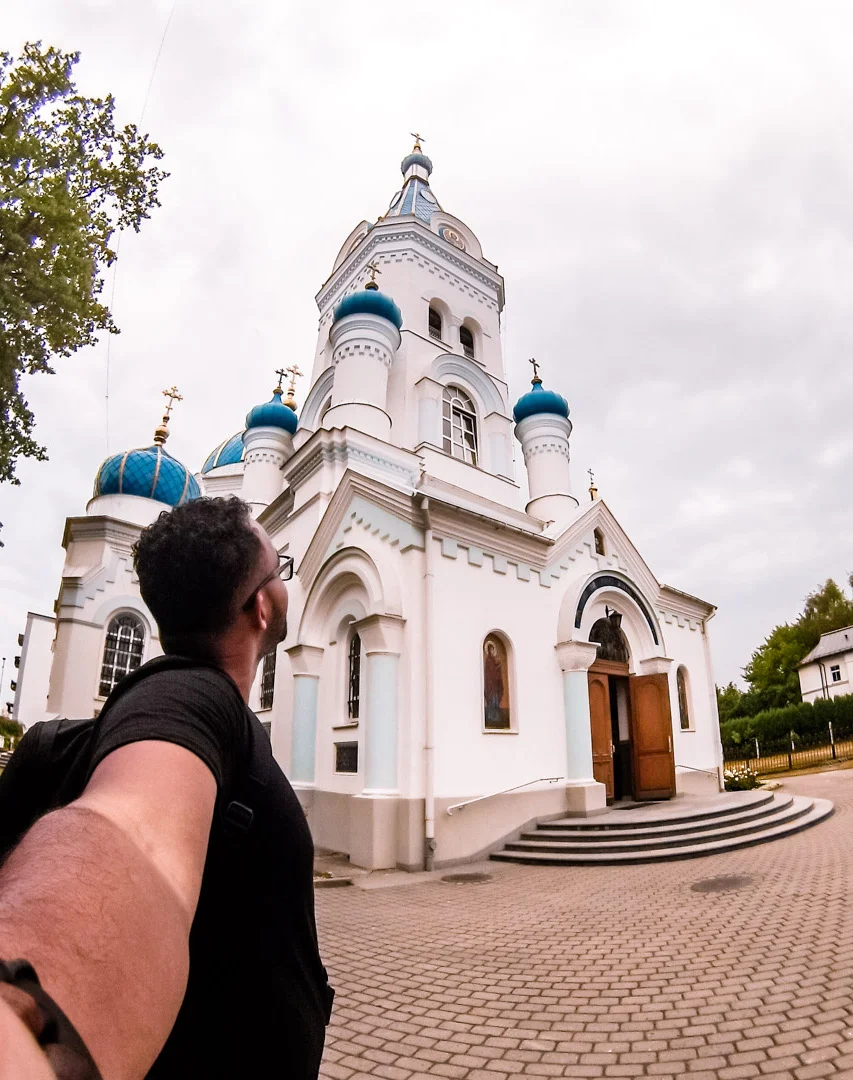Self-Guided Tour Of Jelgava
/Jelgava is a city in central Latvia about 41 kilometers southwest of Riga with about 63,000 inhabitants. Founded in 1265 by the Livonians, the city grew prosperous and by the 16th century was the seat of the Duchy of Courland. The nobility built fine mansions and churches, and the city’s beauty was said to rival that of Riga.
During World War II The city's historic center, industry, rail network, and public buildings were heavily damaged by the fighting, with almost 90% of the city destroyed. Jelgava was rebuilt in typical Soviet style after World War II as part of the Latvian SSR. Following Latvian independence, Jelgava is slowly regaining its original Germanic heritage and is now a popular tourist site.
My wife being Latvian and originally from the city of Jelgava, I have traveled a few times to Latvia to get to know her country and her roots. Jelgava is a very pleasant city to visit by foot and has a few landmarks worth to visit. If you are planning a day to visit Jelgava, here is my self-guided tour.
The statue - fountain "Student of Jelgava"
Located at the bottom of Mitava Bridge which is the longest pedestrian and bicycle bridge in Latvia. The statue represents a student standing in a puddle with a broken umbrella. It is said that the umbrella handle has magic powers – if you make a wish and touch the handle, it will come true.
This area also has many restaurants and cafes, and is a nice place to enjoy a walk with your friends or family, especially during the summer time.
Jelgava Holy Trinity Church tower
Since its restoration, you can enjoy a panoramic view of Jelgava, as well as dine at the French-style restaurant @la_tour_de_marie
In three of the tower’s floors, historical exhibitions have been set up with interactive elements, which serve as an excellent example of the correlation between past and present.
Standing in front of the tower, you will find the monument to Jānis Čakste, the first President of the Republic of Latvia.
St Simeon and St Anne's Cathedral in Jelgava.
If like me you are fascinated by the architecture of buildings in foreign countries you visit, don’t miss out. It was my first time seeing and orthodox cathedral for real. It is really as impressive as in photos.
Did you know?
The cathedral suffered heavily during World War II and also during the Soviet time. When Latvia regained its independence, the church was returned to its Orthodox congregation and the reconstruction was performed
Virgin Anna Roman Catholic Cathedral
I love the Gothic architecture style of this Church. The more urban photos I took the more I pay attention to the designs of buildings and admire the work of architects!
Did you know?
During World War II the church caught fire. The renovation was completed only in 1992, when the church tower obtained its previous shape. Roman Catholic Pope John Paul II awarded it the status of "Cathedral" in 1996.
Jelgava, Elk
If you go to Jelgava you cannot miss the Elk or Alnītis in Latvian which is the lovable mascot of Jelgava city.
The elk is is so popular that it is even a mascot for the local hockey team, its on the logo of the local sports fan club "Mitavas Patrioti" and many other organizations and individuals in Jelgava have found the Elk to be their favourite symbol
Jelgava Palace
It is definitely worth a visit. The palace has 674 windows, 615 doors, 669 rooms and 25 chimneys on the roof! It is huge!
It's an old castle, but a university now, the third largest university of Latvia and is home for 7000 students. In the dungeons there are exhibition of sarcophagus of the dukes that been ruling in the castle. Now under the renovation (of the outside), it's still magnificent and is 'the little sister' of Rundale Palace and Wither Palace in St. Petersbourg. It's the same architect and the saying is that those 3 can fit into each others yard just like those russian dolls 'Matrjosjka'.
Overall Jelgava is a human size city, easy to get around by walk and pretty quiet. Knowing a local speaking Latvian is always a plus and will make your stay more enjoyable as not everyone speaks English. Furthermore, by staying at a local’s place you will be able to experience the Latvian hospitality. They are all very kind people even if they do not always show it at first sight!
PIN IT FOR LATER

